Today we will be reviewing MSI MAG B660M Mortar MAX WiFi DDR4 . That is, a motherboard from the MAG family (MSI Arsenal Gaming), which belongs to the simplest gaming series (all flagships are in the MEG family).
Form factor
MSI MAG B660M Mortar WiFi DDR4 motherboard is made in Micro-ATX form factor, has dimensions of 244×244mm, and it has 8 mounting holes for installation in the case.
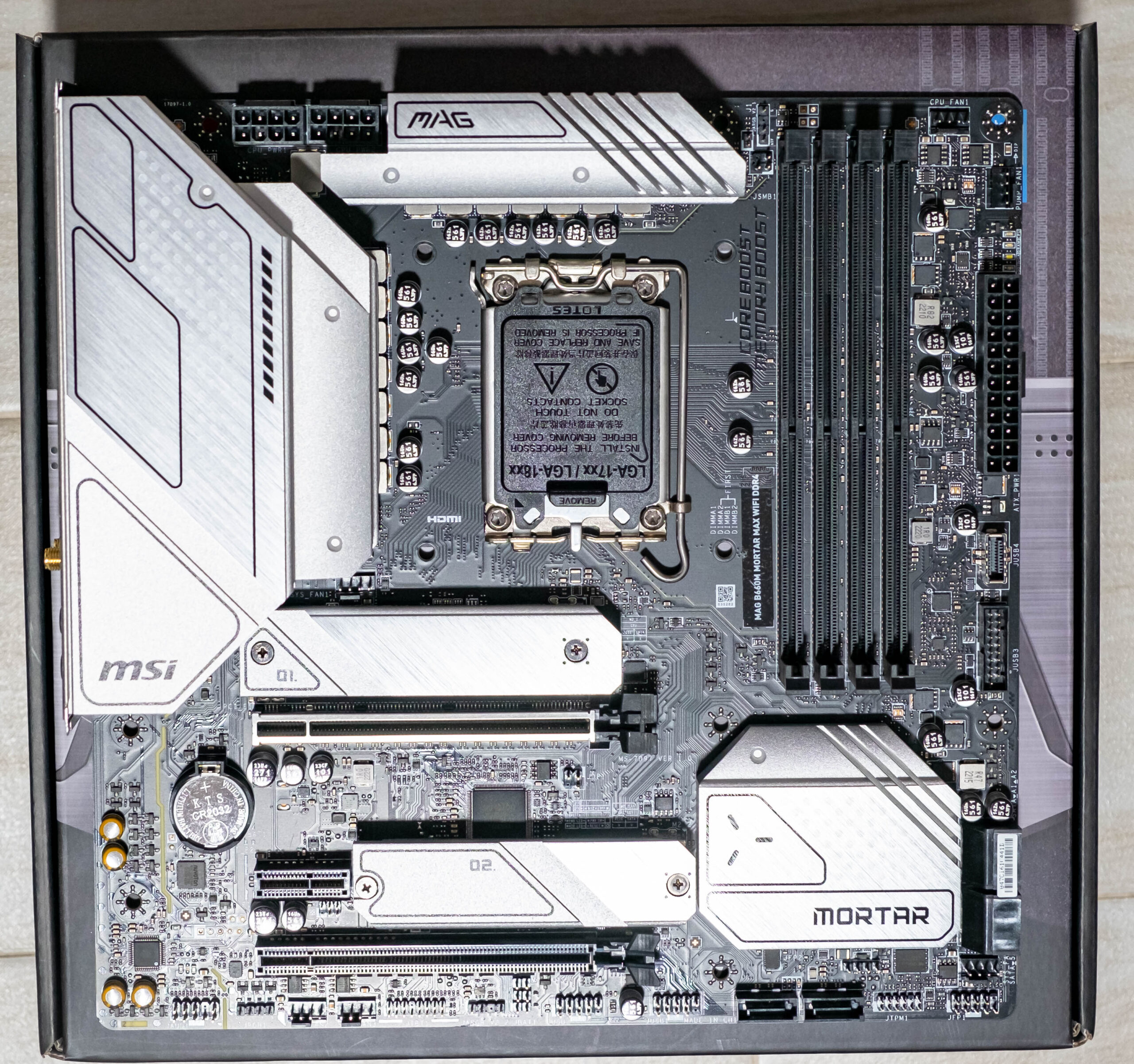
On the rear IO itself, there are a total of eight USB ports, one USB 3.2 Gen 2×2 (Type-C ports). The other four Type-A are USB 2.0 and three Type-A USB 3.2 Gen 2 ports. Also located on the rear IO are the Wi-Fi antenna headers, the Realtek 2.5Gbe LAN port, as well as a Realtek ALC897 5-plug audio stack with SPDIF. When you’re using an Intel IGPU and need video outputs, HDMI and DisplayPort here have that covered.
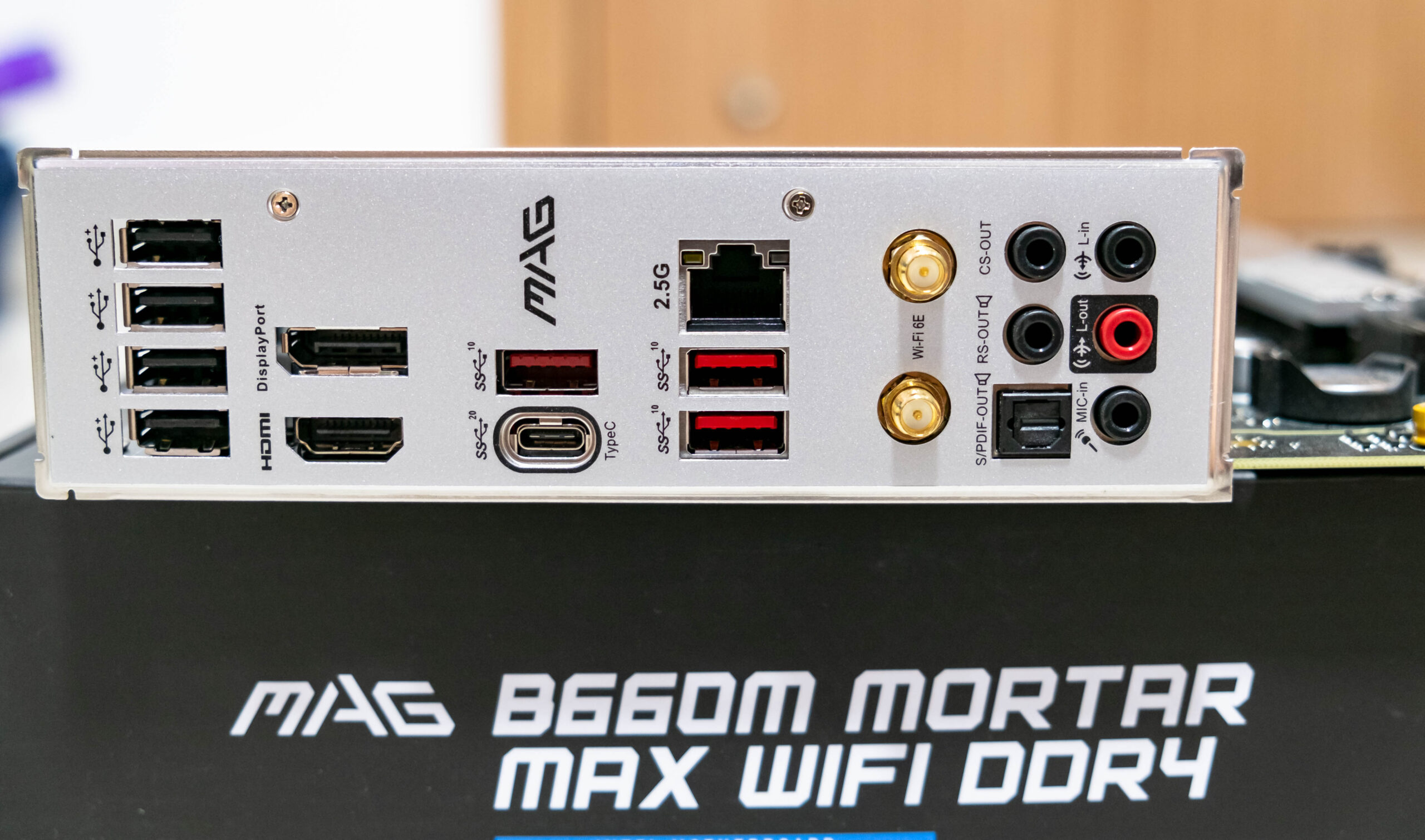
Specifications
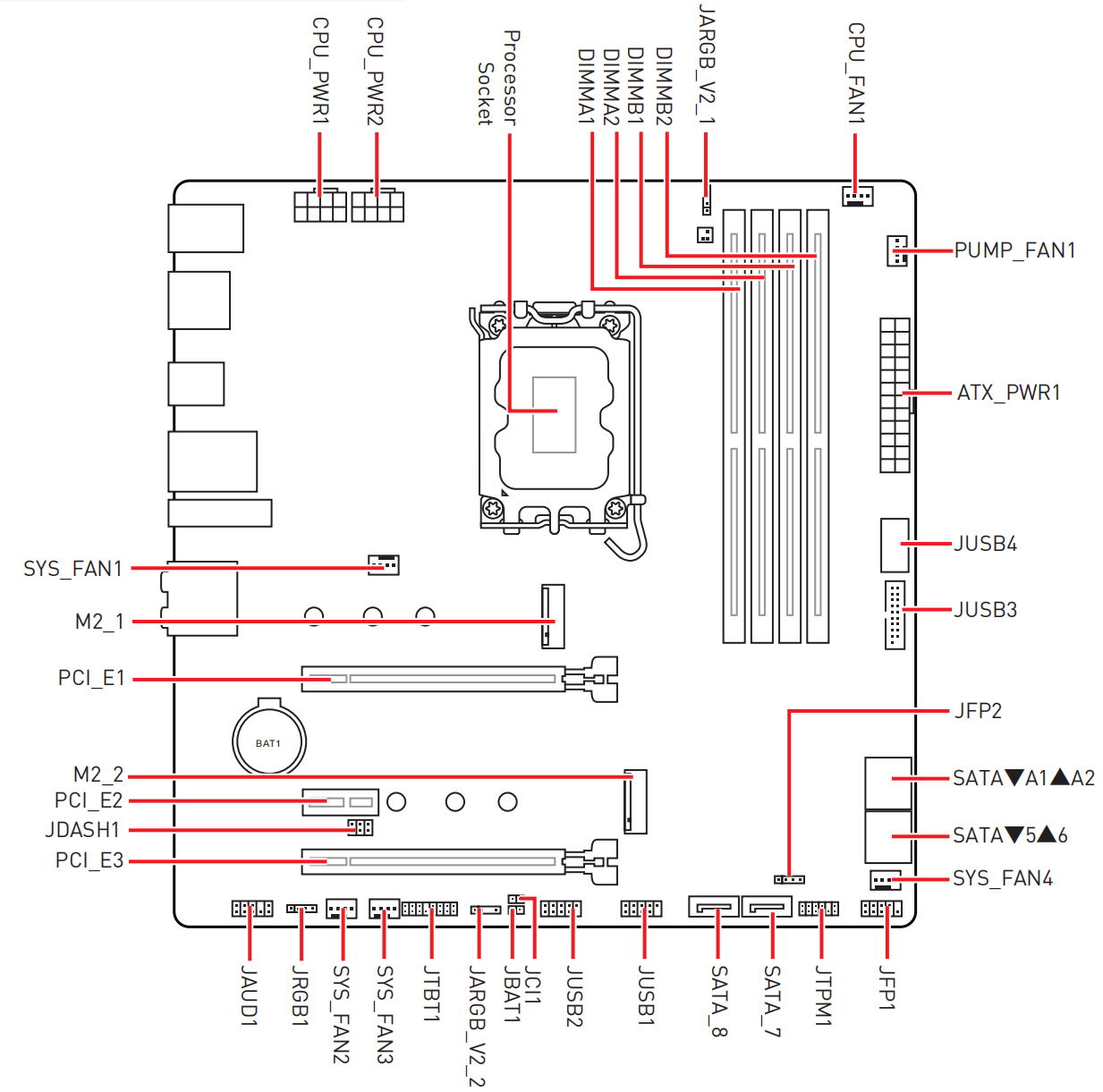
| Supported Processors | Intel 12th & 13th Generation Processor |
|---|---|
| Processor socket | LGA1700 |
| Chipset | Intel B660 |
| Memory | 4 × DDR4, up to 128 GB, up to DDR4-5333 (XMP) |
| Audio | 1 × Realtek ALC897 (7.1) |
| Network Controllers | 1 × Realtek RTL8125BG Ethernet 10Gbps 1 × Intel AX201 Dual Band Wireless (Wi-Fi 802.11a/b/g/n/ac/ax (2.4/6 GHz) + Bluetooth 5.2) |
| Expansion Slots | 1 × PCI Express 5.0 x16 1 × PCI Express 3.0 x1 1 × PCI Express 3.0 x16 (x4 mode) |
| Drive Connectors | 4× SATA 6 Gb/s (B660) 2× SATA 6 Gb/s (ASsMedia ASM1061) 1x M.2 (CPU PCIe 4.0 x4 for 2260/2280/22110 devices) 1x M.2 (B650 PCIe 4.0 x4 & SATA for 2260/2280/22110 devices) |
Formally, the support for DDR4 memory up to 3200 MHz, but everyone is well aware, and motherboard manufacturers actively advertise this: through XMP profiles, you can now use frequencies up to 4000 MHz and higher. In particular, this board supports frequencies up to 5333 MHz.
12th & 13th generation Intel Core processors (compatible with socket LGA1700 and supported by B660/Z690) have 20 I/O lanes (16 PCIe 5.0, 4 PCIe 4.0), do not have USB and SATA ports. At the same time, interaction with the B660 goes through a special Digital Media Interface 4.0 channel (DMI 4.0). All PCIe lanes of the processor go to PCIe expansion slots and an M.2 port. Serial Peripheral Interface (SPI) is used to communicate with the UEFI / BIOS system, and the Low Pin Count (LPC) bus is used to communicate with I/O devices that do not require high bandwidth (fan controllers, TPM, old peripherals).
In turn, the B660 chipset supports a total of 24 I/O lines, which can be distributed as follows:
- up to 12 USB ports (of which up to 2 USB 3.2 Gen2x2 ports, 4 USB 3.2 Gen2 ports, up to 6 USB 3.2 Gen1 ports, up to 12 USB 2.0 ports, USB 2.0 lines are also used to support 3.2 ports, and each USB port 3.2 Gen2x2 requires support from two USB 3.2 Gen2);
- up to 4 SATA 6Gb/s ports;
- up to 14 PCIe lanes (8 version 3.0 and 6 version 4.0).
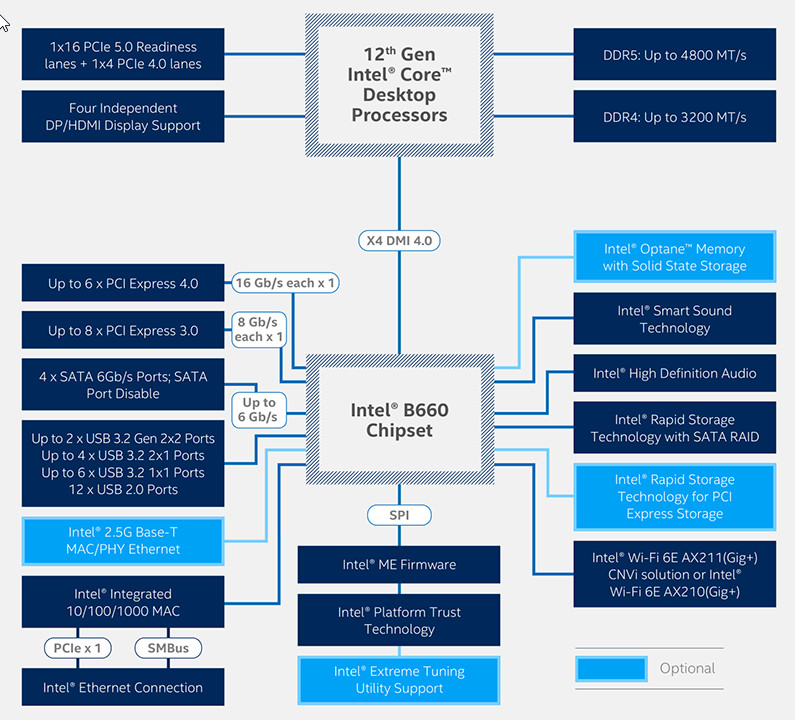
The MSI MAG B660M Mortar Max WiFi DDR4 supports 12th and 13th generation Intel Core processors made for the LGA1700 socket. The mounting system for CPU cooling systems is not compatible with the one for LGA1151/1200. You are required to update latest bios version to support the Intel 13th generation processor
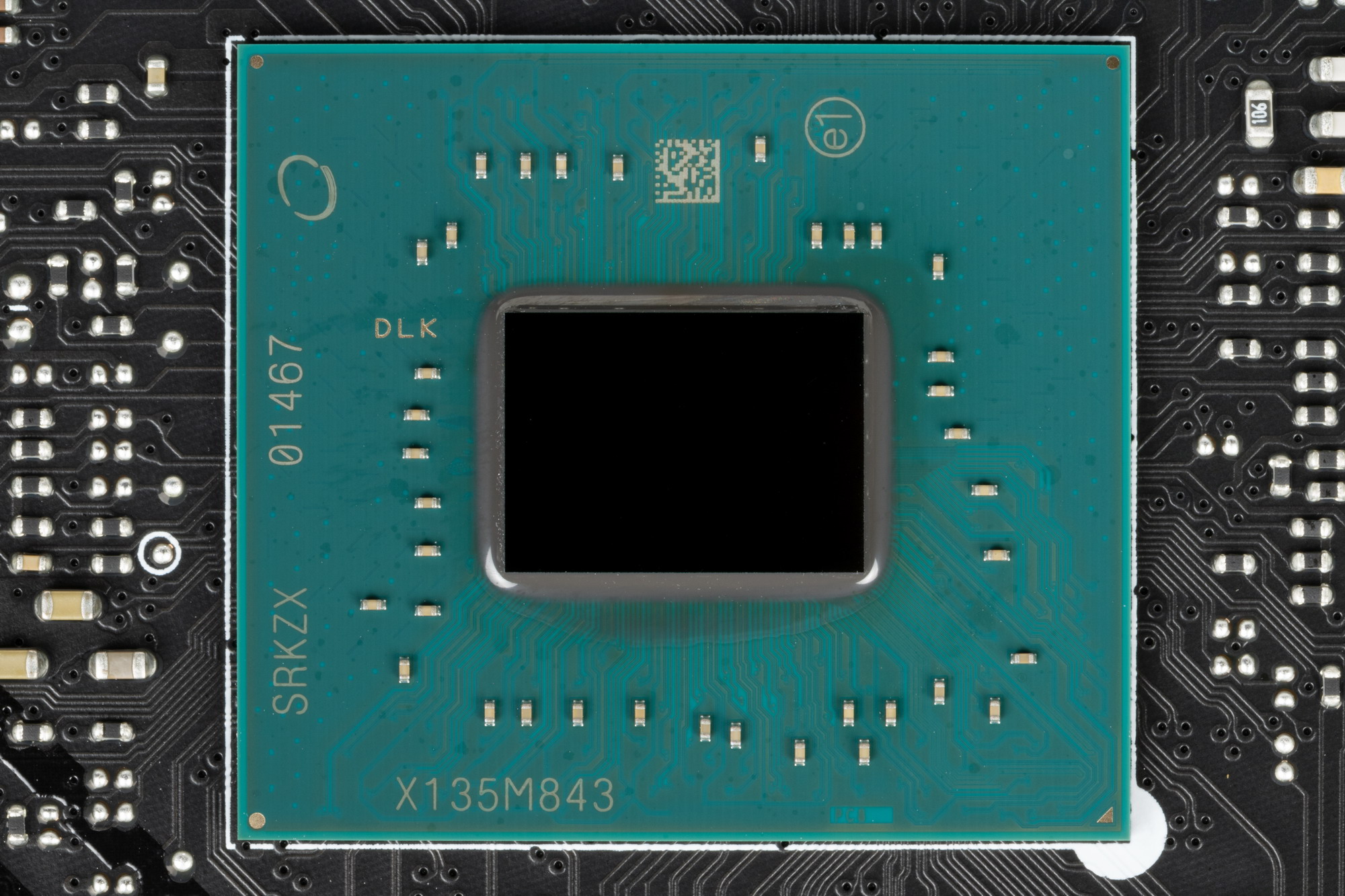
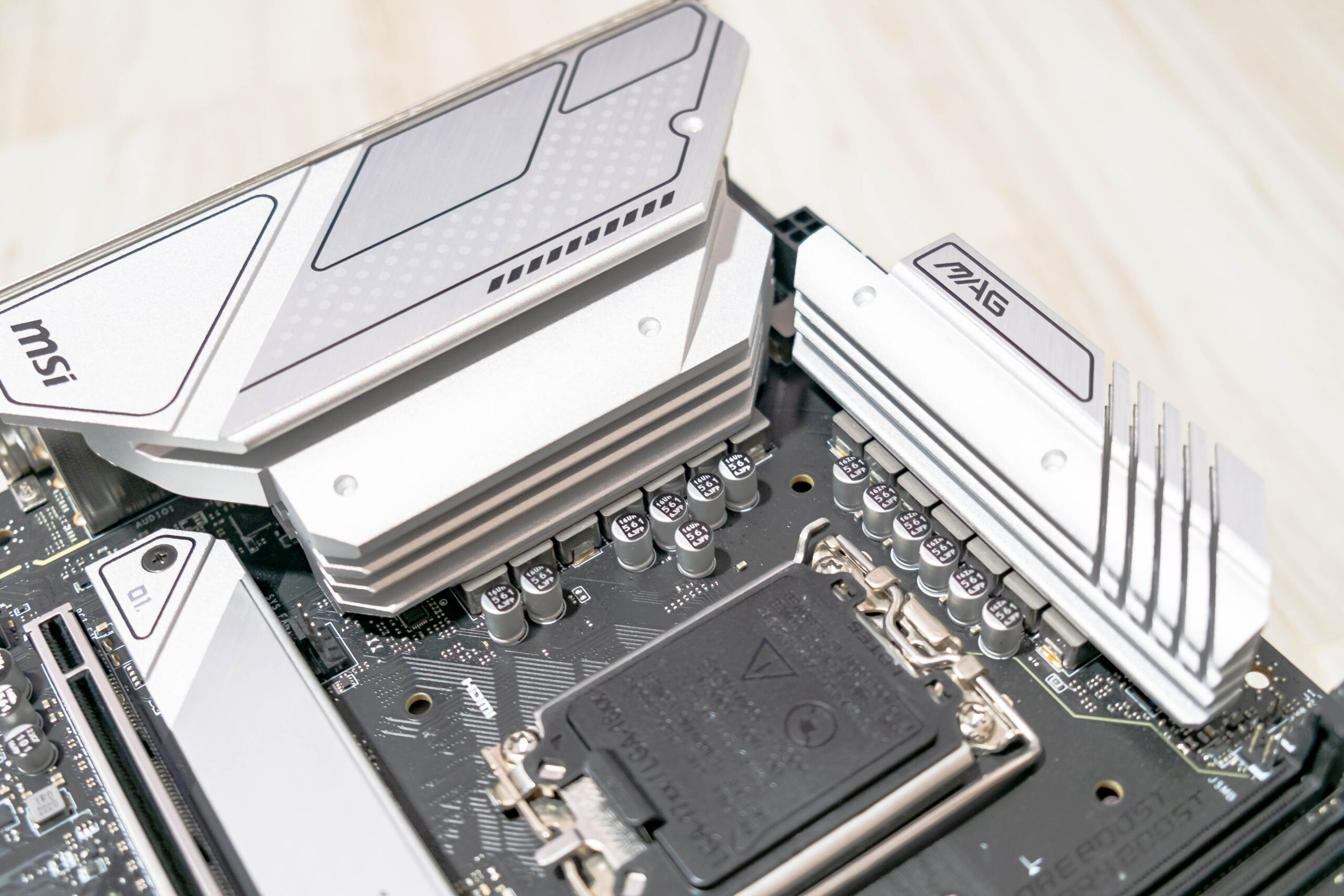
There are four DIMM slots for installing memory modules on the MSI board (for Dual Channel memory operation, if using only 2 modules, they should be installed in A2 and B2. The board supports unbuffered DDR4 (non-ECC) memory, and the maximum memory capacity is 128 GB: XMP profiles are supported, of course. DIMM slots do not have metal edging to protect them from both physical damage and interference.
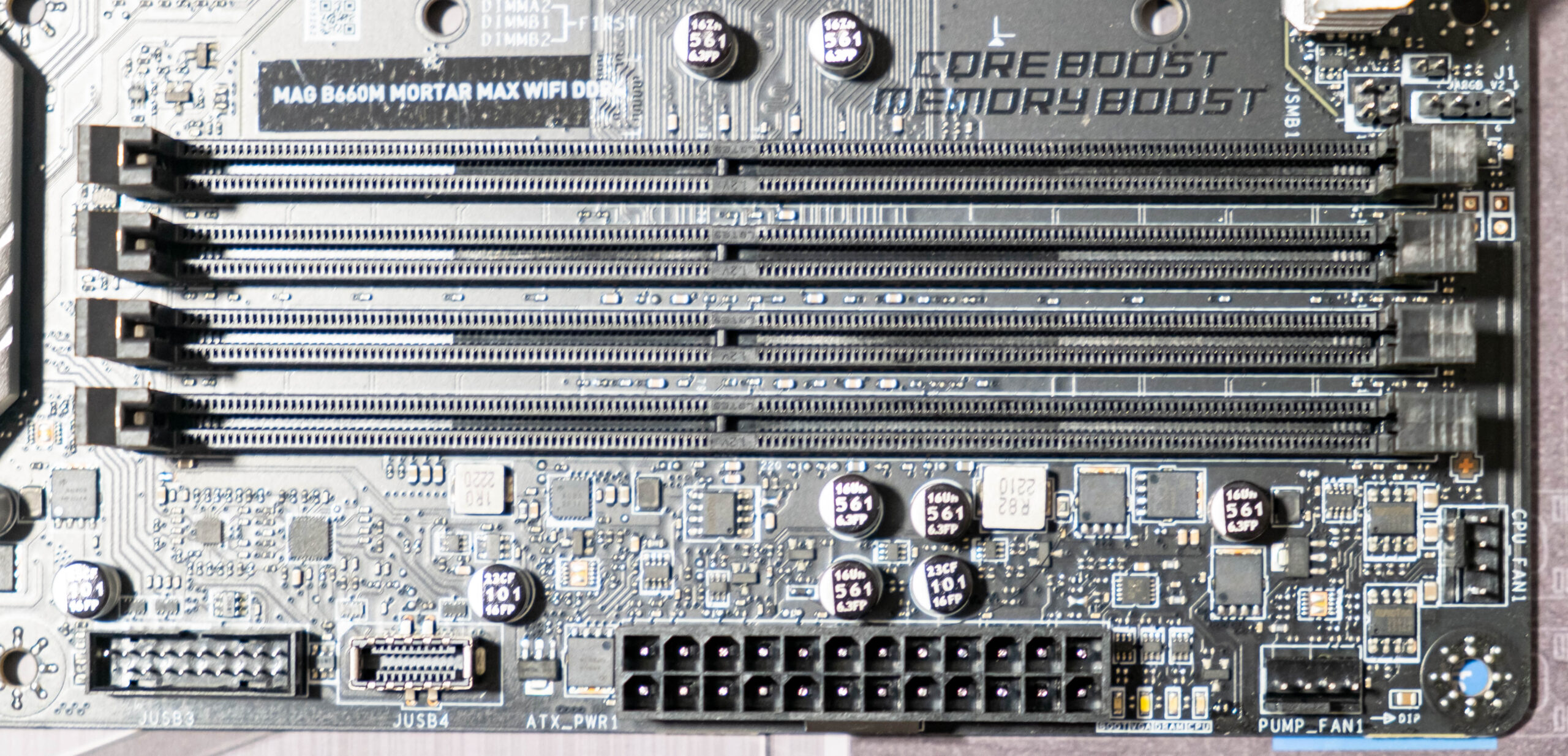
In total, the board has 3 slots: one full-fledged PCIe x16 (for video cards or other devices) and one PCIe x16 (but actually having 4 lanes), as well as a short PCIe x1.
The top PCIe x16 slot has stainless steel reinforcements that increase their durability (which can be important if you change graphics cards quite often, but more importantly, such a slot can more easily withstand bending loads if you install a very heavy top-level graphics card. In addition , this protection protects the slots from electromagnetic interference.

There are two ATX12V (8 pins ) powering the CPU.
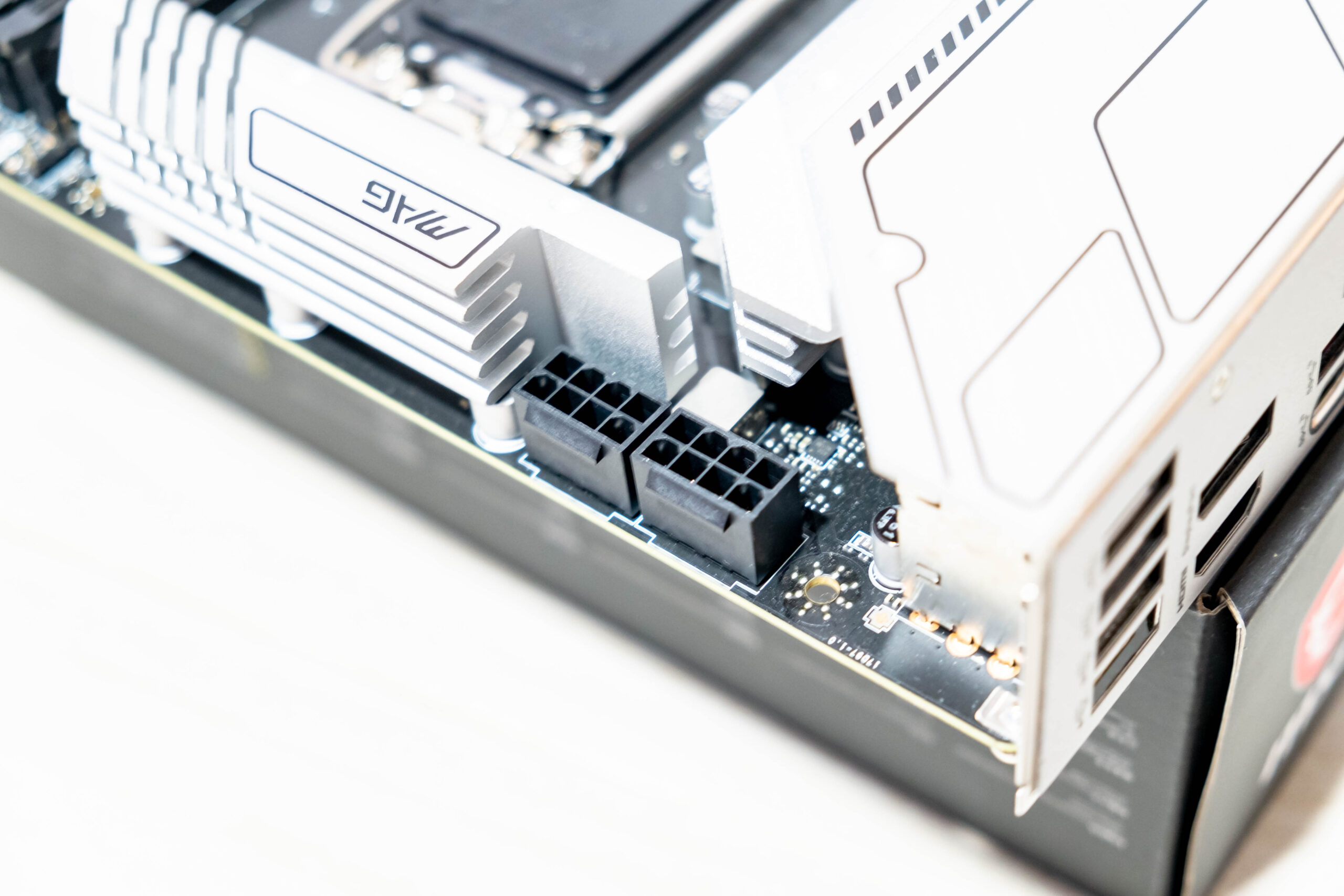
In total, the board has 6 Serial ATA 6 Gb /s connectors + 2 slots for drives in the M.2 form factor.
4 Serial ATA 6GB/s from Intel B660 Chipset.
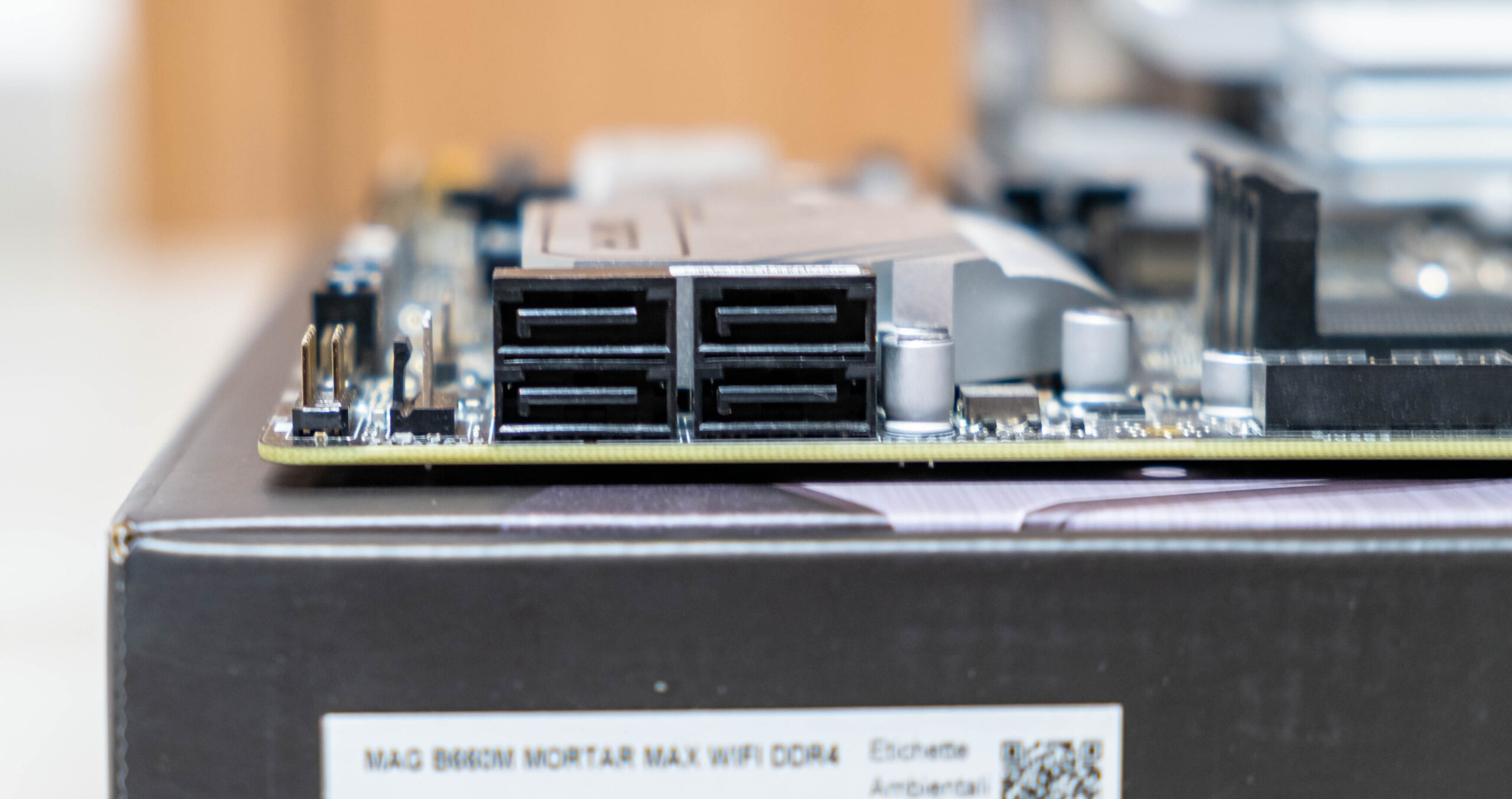
The remaining 2 Serial ATA A/B ports are implemented via ASM1061 from ASMedia.
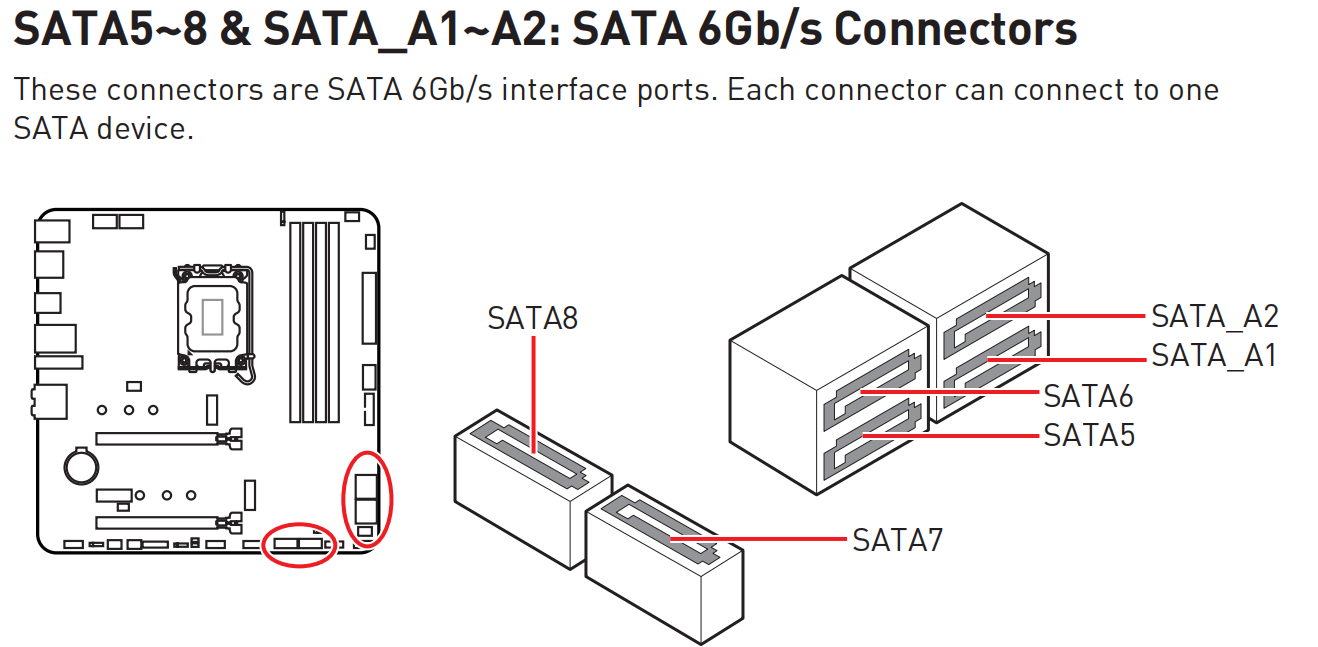
Dismantle
The power supply unit is a 12+1-phase configuration with teamed up performance and 60-amp integrated MOSFETs. On this board, MSI used Renesas ISL99360 integrated MOSFETs, which have a maximum continuous current of 60 A, which means that the CPU can receive a maximum of 860 amps of current. The VRM controller is a Renesas RAA229132, and it is located on the bottom side of the board. Behind the integrated MOSFETs are MicroAlloy chokes and Black Metallic 10K capacitors.
The circuit is covered with 12 + 1 + 1: 12 phases – the processor core, 1 phases – SoC (IGPU) and 1 phases – VCCIO.
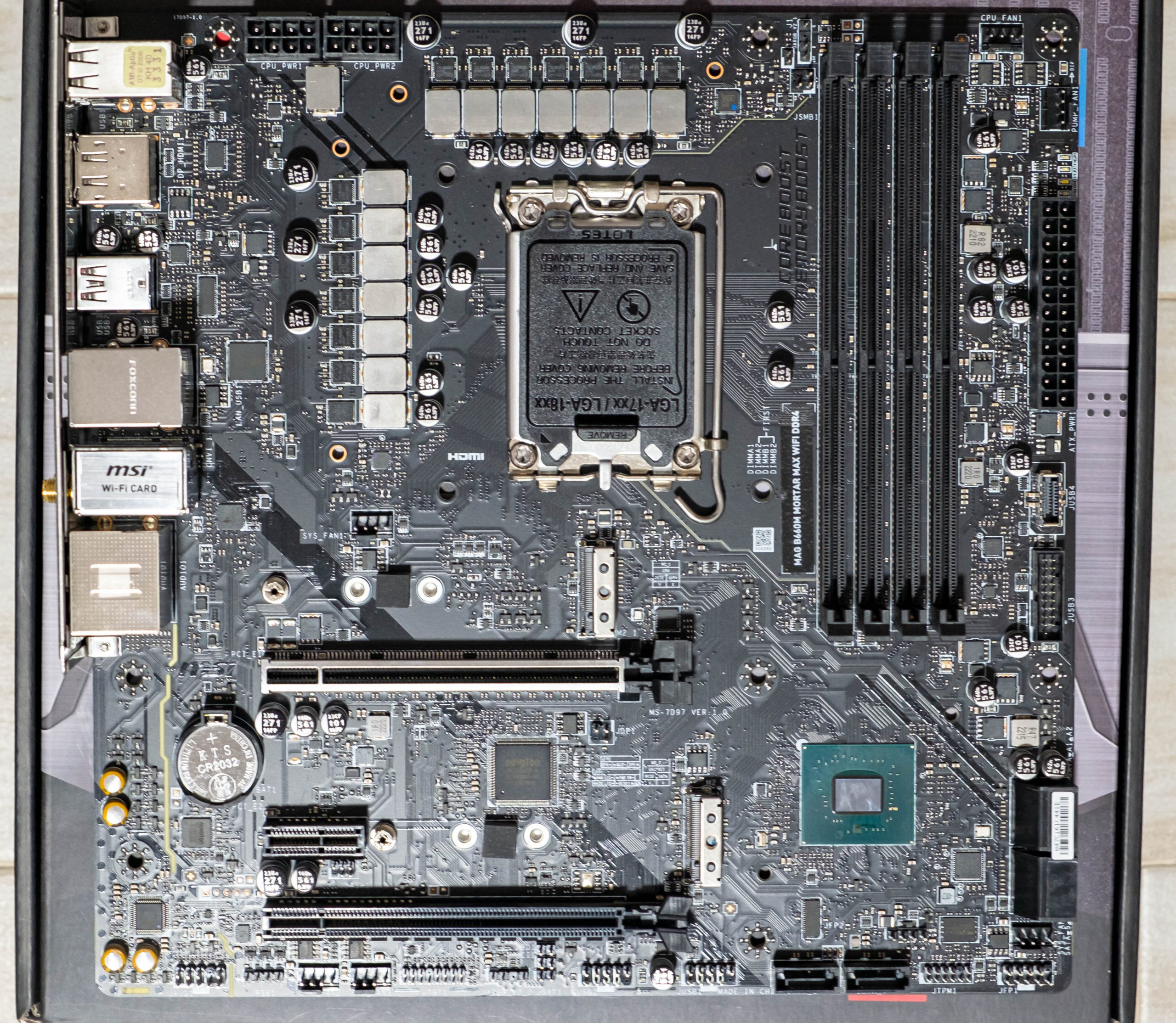
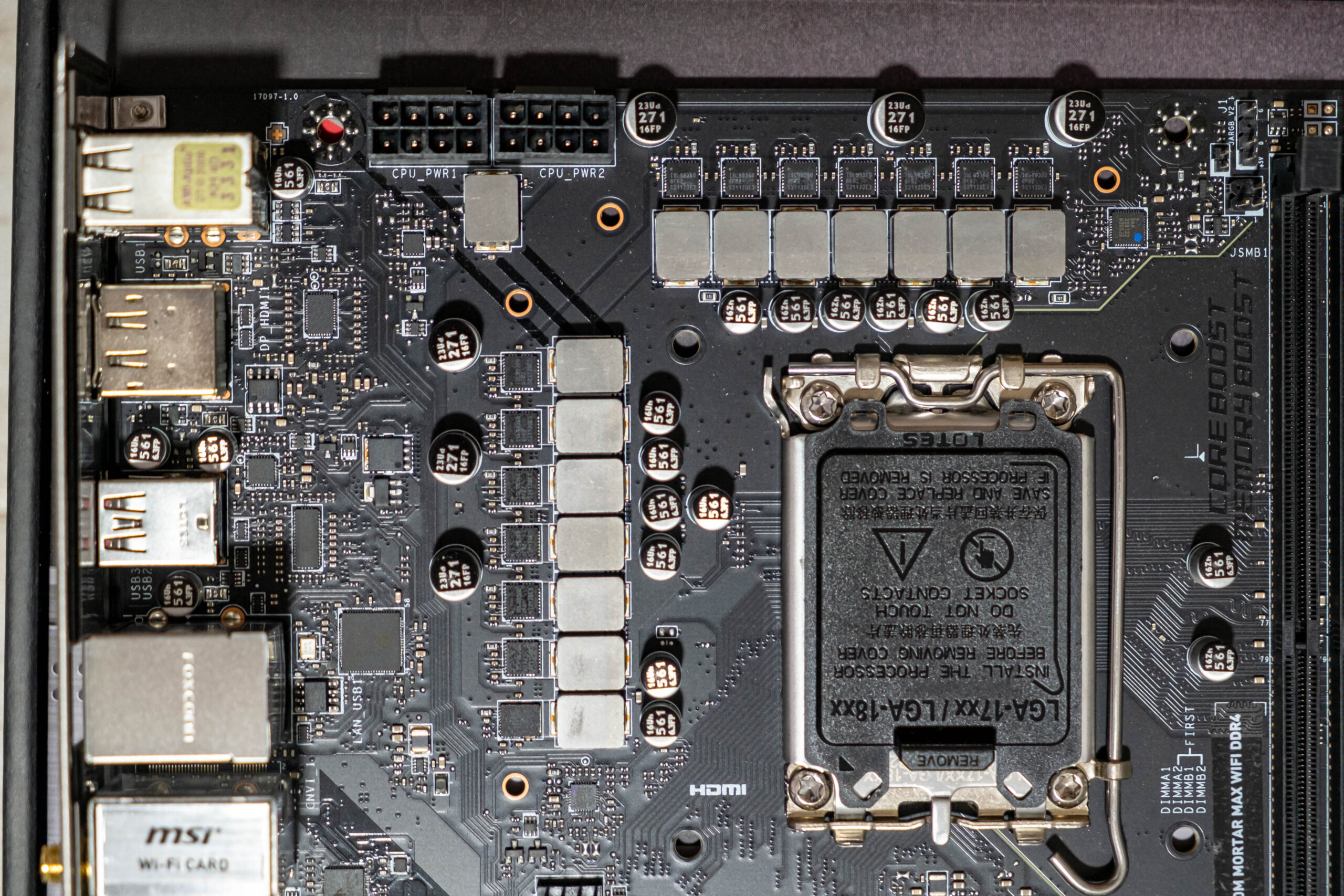
Each phase channel has a super ferrite choke and Renesas ISL99360 MOSFET at 60A for VCore and integrated graphics core and MP87670 from Monolithic Power Systems for VCCIO at 80A.
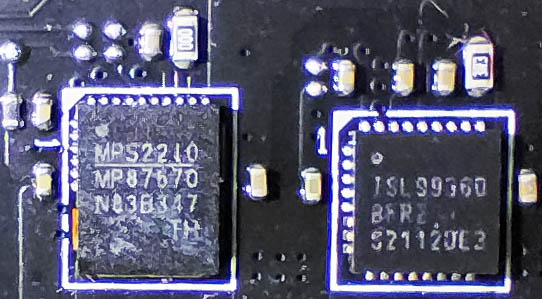
So we see that the power supply is fully direct without doublers or parallel flows. And for one phase of VCCIO, there is a PWM controller from Monolithic Power System
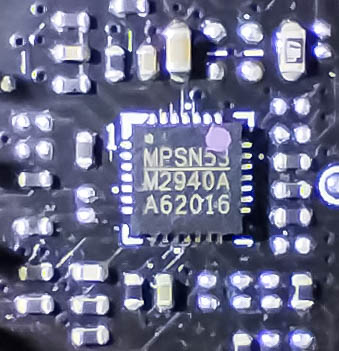
The RAA229132 PWM controller from the same Renesas, designed for a maximum of 20 phases, manages the power supply circuit of the VCore and iGPU.
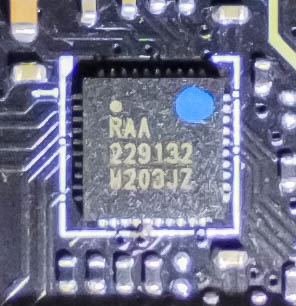
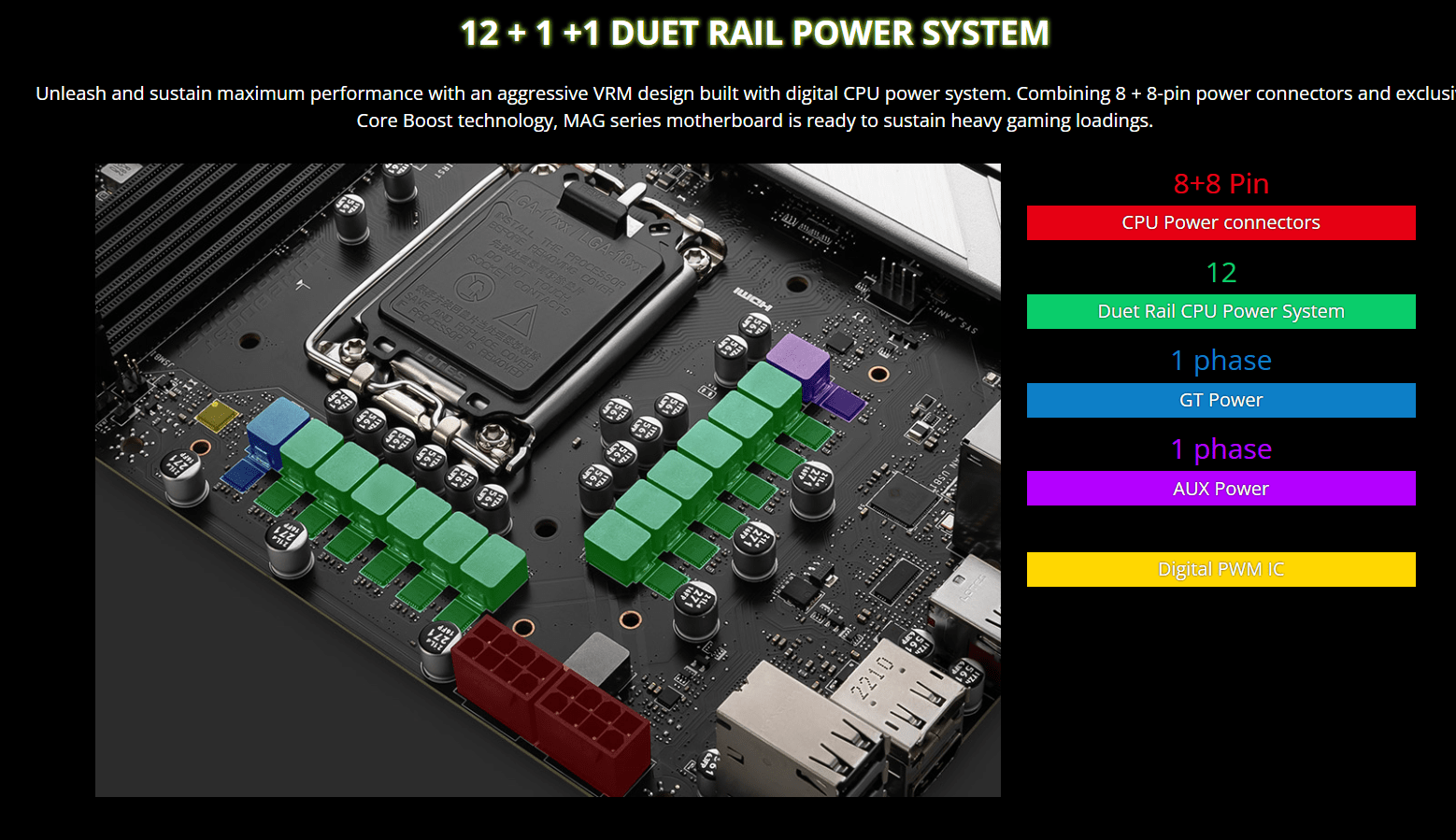
The VCCSA power supply, like the RAM modules, has a single-phase circuit.
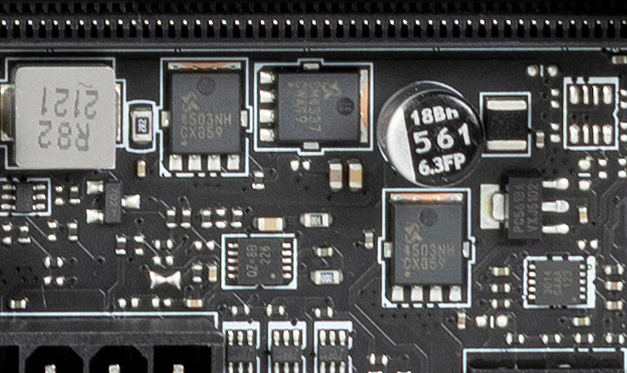
All the heat hardware will have their own heatsinks.

Benchmark
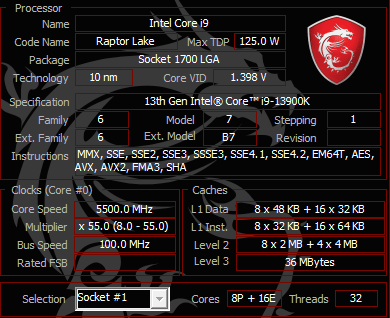
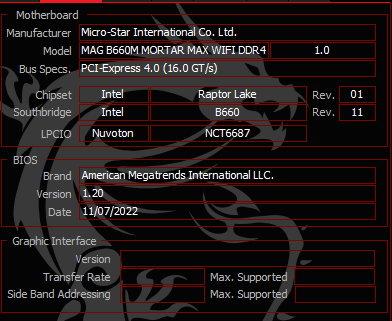
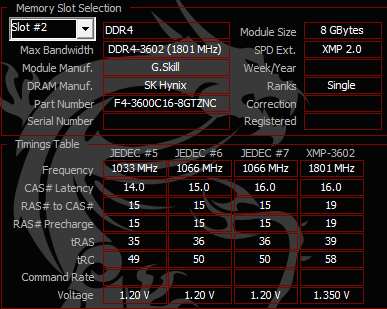
How We Test MSI MAG B660M MORTAR MAX WIFI DDR4?
Intel B660M Mortar Max WIFI DDR4 is a midrange motherboard from MSI. As such, our workstation, based on a MAG B660M Mortar Max WIFI motherboard and Intel Core i9 13900K 24 cores 32 threads processor. The ram we will be using G.Skill NEO DDR4 3600Mhz memory kit. Intel UHD 770 and ADATA PCIe 4.0 1TB SSD is used as well to run with benchmark. On the Comparison, we will be testing 5 systems to run side by side to see perform better.
| SYSTEM 1 | SYSTEM 2 | SYSTEM 3 | SYSTEM 4 | SYSTEM 5 | |
| Motherboard | ASUS TUF X670E PLUS WIFI | AsRock Z790 PG-ITX/TB4 | ASUS ROG STRIX Z790-I Gaming WIFI | ASUS TUF B650 PLUS WIFI | MSI MAG B660M MORTAR MAX WIFI DDR4 |
| CPU | AMD Ryzen 9 7900X | Intel Core i9 13900K | Intel Core i9 13900K | AMD Ryzen 9 7900X | Intel Core i9 13900K |
| Ram | TeamGroup DDR5 5200Mhz | TeamGroup DDR5 4800Mhz | TeamGroup DDR5 5200Mhz | TeamGroup DDR5 5200Mhz | G.Skill DDR 4 – 360Mhz |
| GPU | AMD RDNA2 -2CU | Intel UHD 770 -32EUs | Intel UHD 770 -32EUs | AMD RDNA2 -2CU | Intel UHD 770 -32EUs |
| SSD | ADATA PCIe 4.0 1TB | ADATA PCIe 4.0 1TB | ADATA PCIe 4.0 1TB | ADATA PCIe 4.0 1TB | ADATA PCIe 4.0 1TB |
| OS | Microsoft Windows 11 Pro 22H2 | Microsoft Windows 11 Pro 22H2 | Microsoft Windows 11 Pro 22H2 | Microsoft Windows 11 Pro 22H2 | Microsoft Windows 11 Pro 22H2 |
| Bios | 0809 – 23/10/22 | 2.03 – 6/10/22 | 0703 – 8/11/22 | 0809 – 23/10/22 | 7D97v12 – 9/11/22 |
Cinebench R23
Improvements to Cinebench Release 20 reflect the overall advancements to CPU and rendering technology in recent years, providing a more accurate measurement of Cinema 4D‘s ability to take advantage of multiple CPU cores and modern processor features available to the average user
| CineBench R23 | ||
| Single Core | Multi Core | |
| ASUS TUF X670E PLUS WIFI | 2003 | 28176 |
| AsRock Z790 PG-ITX/TB4 | 2226 | 35939 |
| ASUS ROG STRIX Z790-I Gaming WIFI | 2221 | 36064 |
| ASUS TUF B650 PLUS WIFI | 1993 | 28012 |
| MSI MAG B660M MORTAR MAX WIFI | 2242 | 37450 |
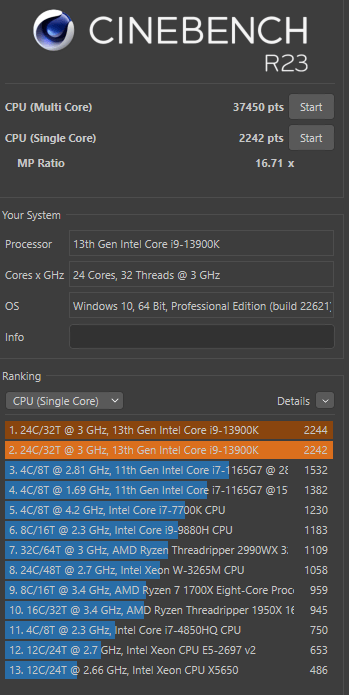
PCMark 10
PCMark 10 features a comprehensive set of tests that cover the wide variety of tasks performed in the modern workplace. With a range of performance tests, custom run options, Battery Life Profile, and new Storage benchmarks, PCMark 10 is the complete PC benchmark for the modern office.
| PCMark 10 | ||||
| Essentials | Productivity | Digital Content | Score | |
| ASUS TUF X670E PLUS WIFI | 12512 | 11849 | 6867 | 7212 |
| AsRock Z790 PG-ITX/TB4 | 12079 | 8537 | 7648 | 6624 |
| ASUS ROG STRIX Z790-I Gaming WIFI | 12091 | 8712 | 7807 | 6716 |
| ASUS TUF B660 PLUS WIFI | 12615 | 11916 | 6979 | 7285 |
| MSI MAG B660M MORTAR MAX WIFI | 12541 | 8841 | 7750 | 6816 |
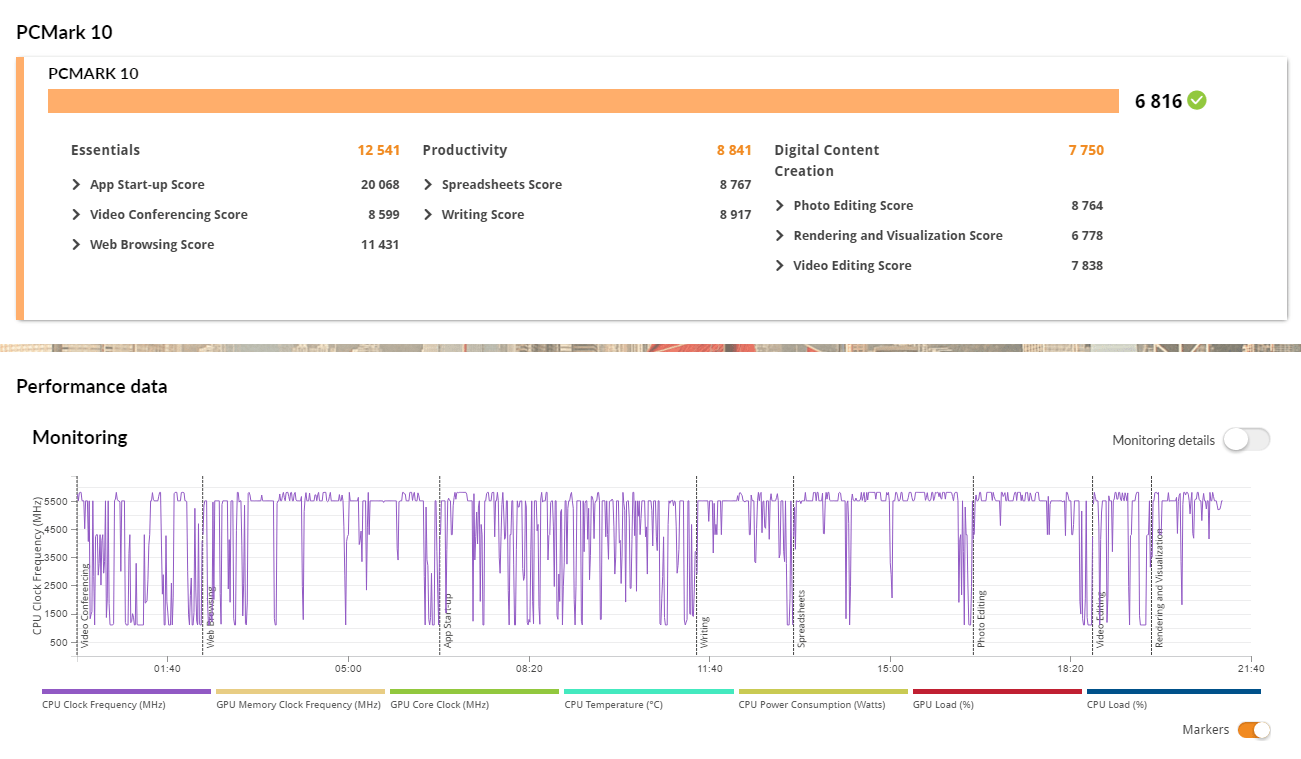
3Dmark Advanced Edition
3DMark includes everything you need to benchmark your PC and mobile devices in one app. Whether you’re gaming on a smartphone, tablet, notebook, or a desktop gaming PC, 3DMark includes a benchmark designed specifically for your hardware.
| 3DMark Advanced Edition | ||||||
| Fire Strike | Night Raid | Port Royal | Storage | Time Spy | Wild Life Extreme | |
| ASUS TUF X670E PLUS WIFI | 2150 | 10492 | 303 | 2598 | 818 | 1367 |
| AsRock Z790 PG-ITX/TB4 | 2801 | 13617 | Fail | 2264 | 965 | 1981 |
| ASUS ROG STRIX Z790-I Gaming WIFI | 2840 | 13749 | Fail | 2945 | 975 | 1954 |
| ASUS TUF B660 PLUS WIFI | 2138 | 106325 | 302 | 2662 | 828 | 1353 |
| MSI MAG B660M MORTAR MAX WIFI | 2783 | 13399 | Fail | 3029 | 960 | 1997 |
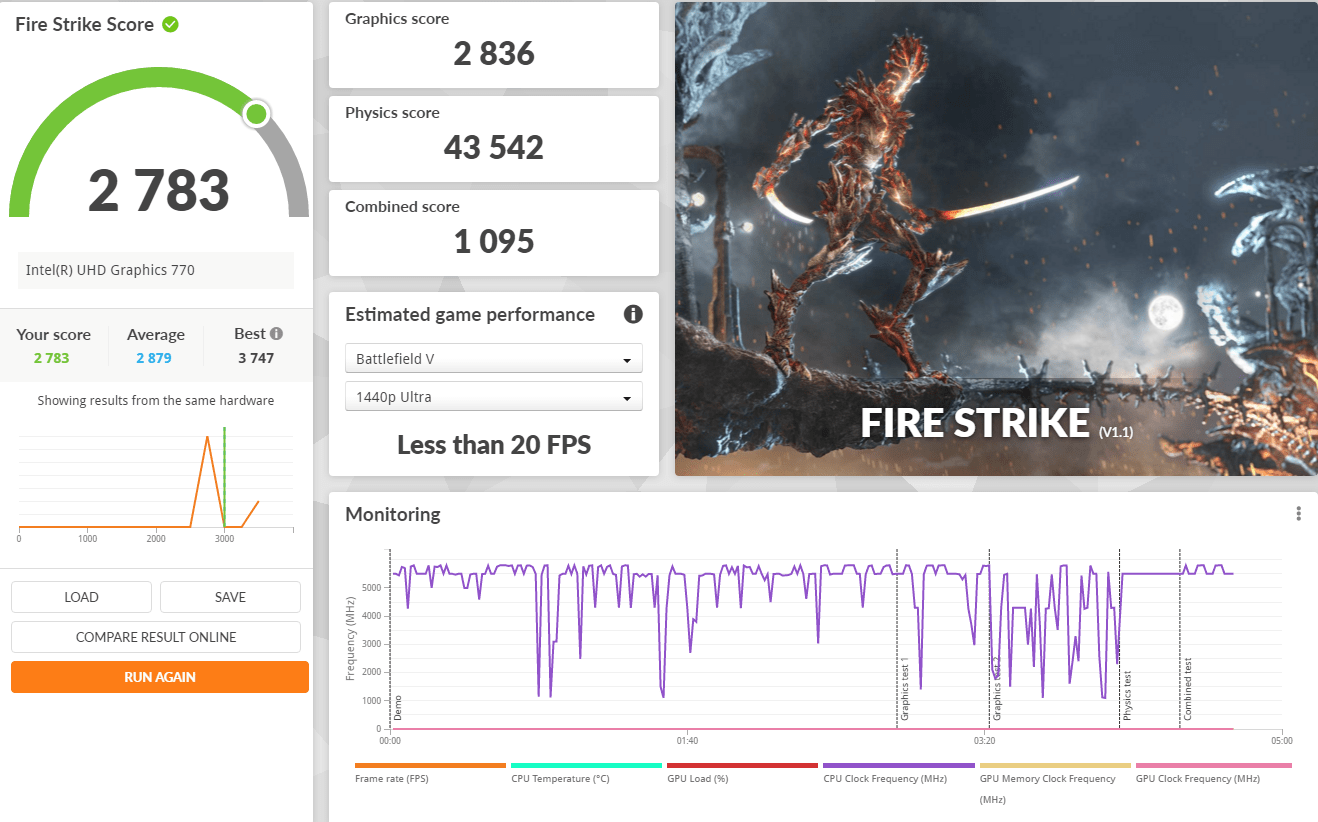
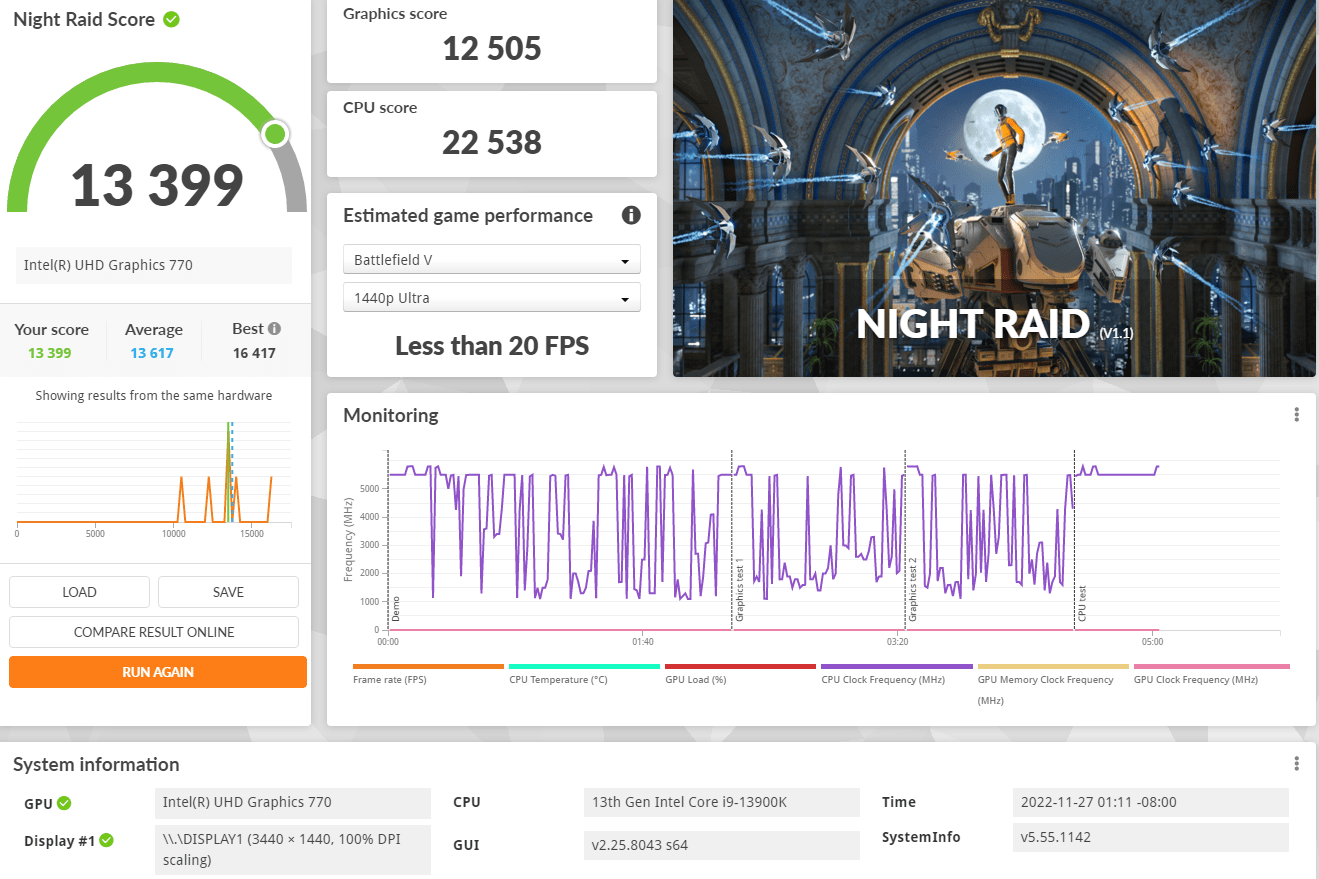
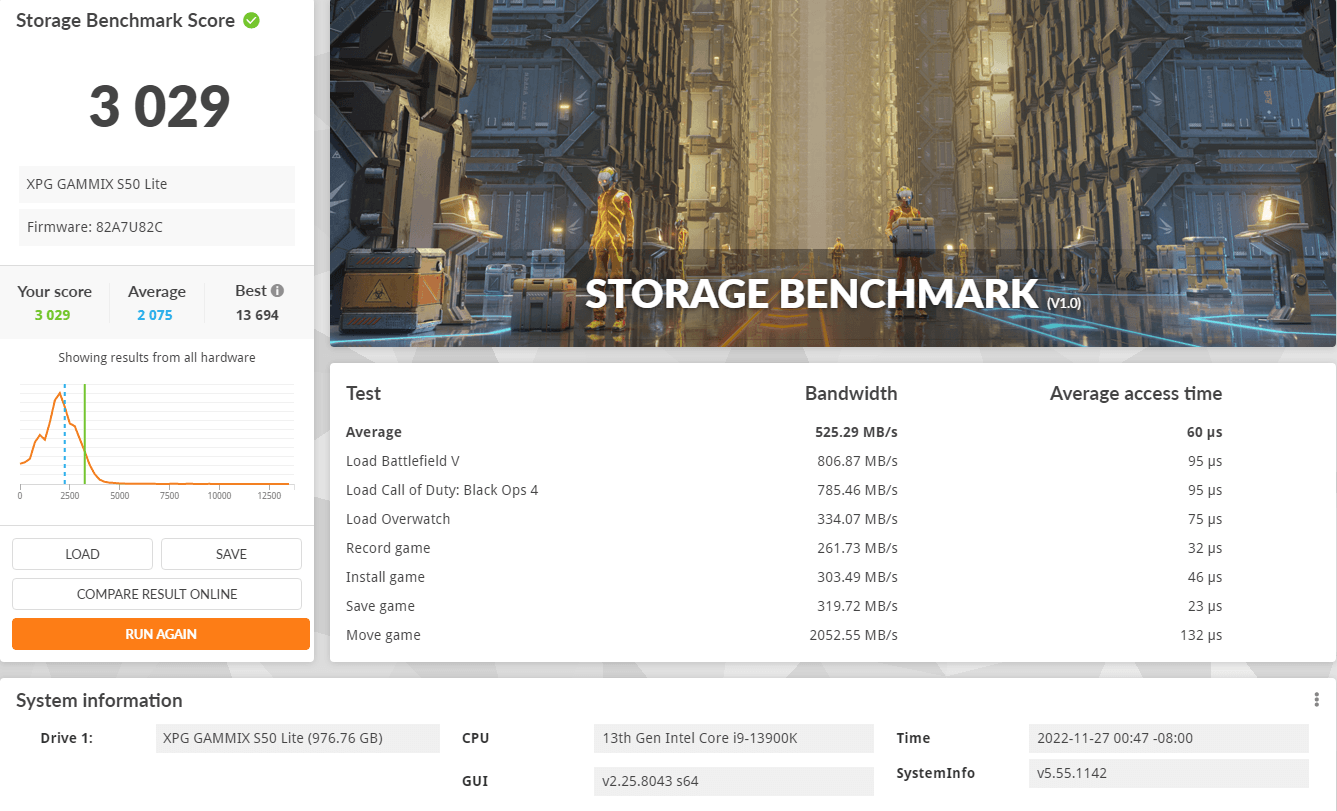
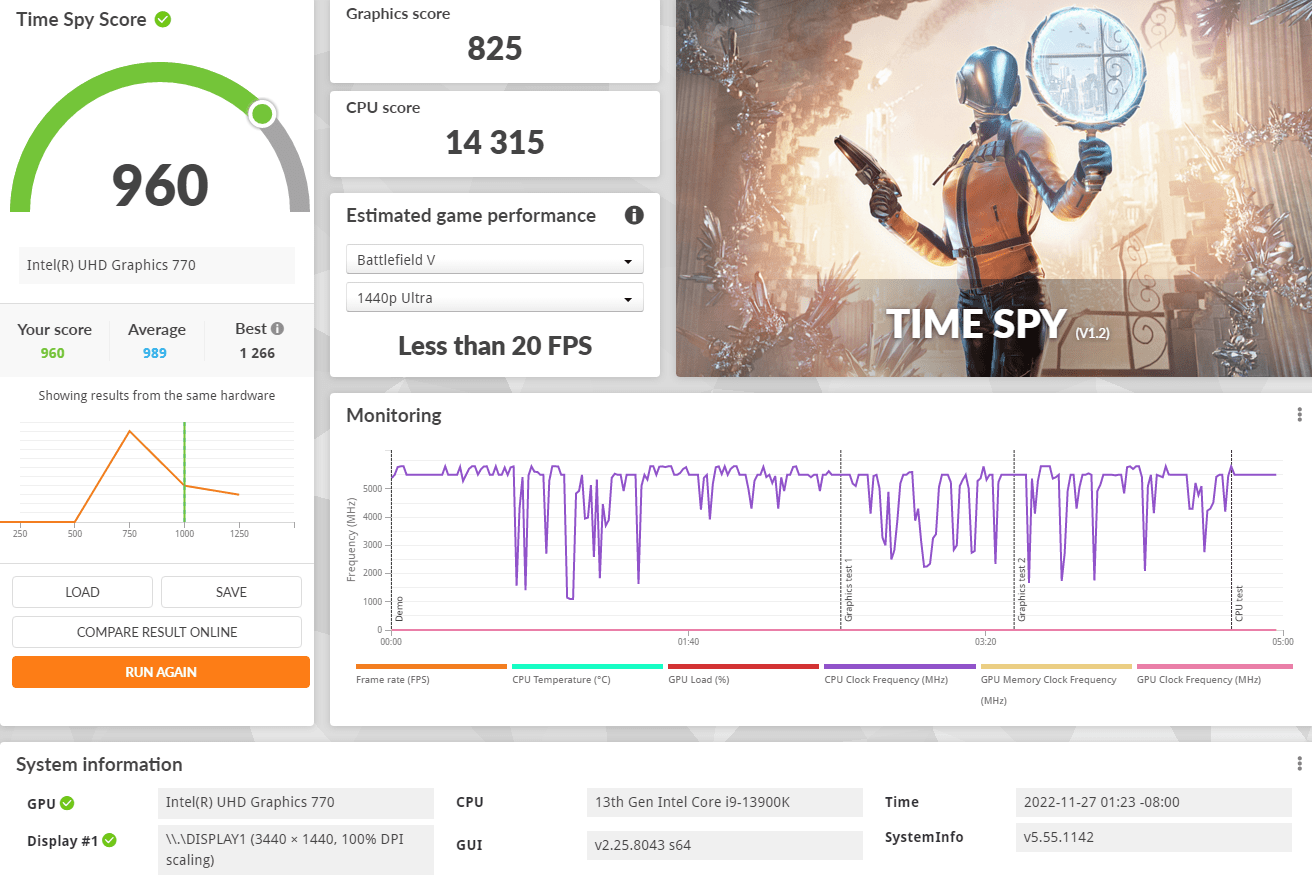
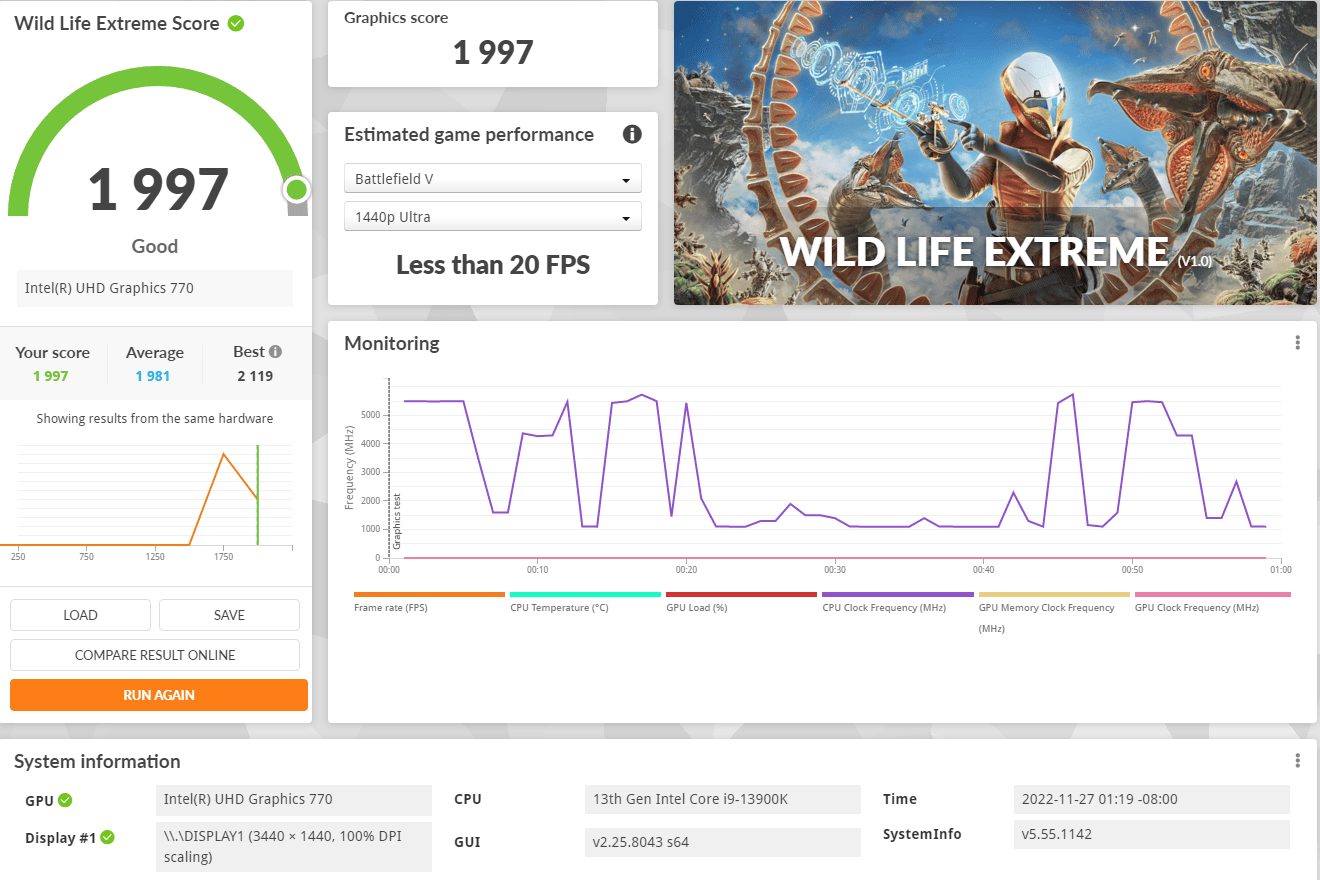
Passmark Benchmark
PassMark runs heavy mathematical calculations that stress the CPU’s performance at compression, encryption, and physics-related tasks.
| PassMark | ||||||
| CPU | 2D | 3D | Memory | Disk | Score | |
| ASUS TUF X670E PLUS WIFI | 52337.9 | 610.3 | 1587.3 | 3578.5 | 26947.8 | 5027.9 |
| AsRock Z790 PG-ITX/TB4 | 58647 | 493 | 1983.1 | 3393.3 | 2167.8 | 3773.3 |
| ASUS ROG STRIX Z790-I Gaming WIFI | 62159.2 | 444.4 | 2013.3 | 3686.9 | 29809.8 | 4466 |
| ASUS TUF B660 PLUS WIFI | 52053.5 | 614.8 | 1597.3 | 3599.2 | 26712.7 | 5057.4 |
| MSI MAG B660M MORTAR MAX WIFI | 53789 | 506.2 | 2040.7 | 3883.6 | 28880.4 | 4855.6 |
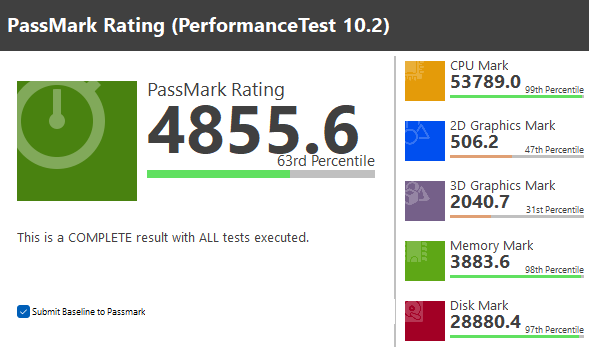
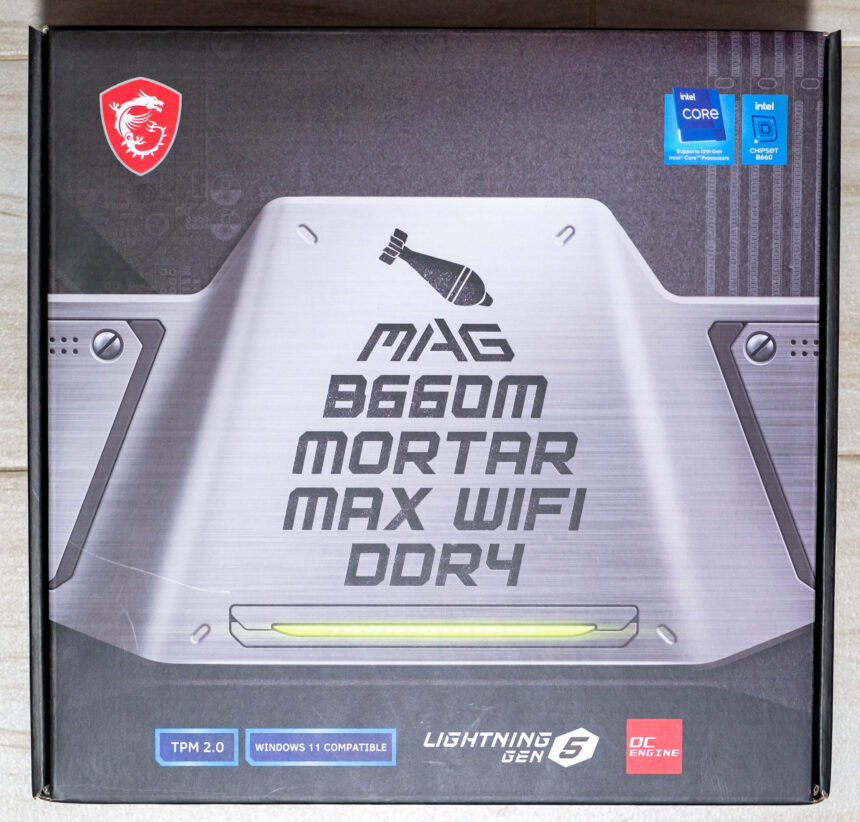
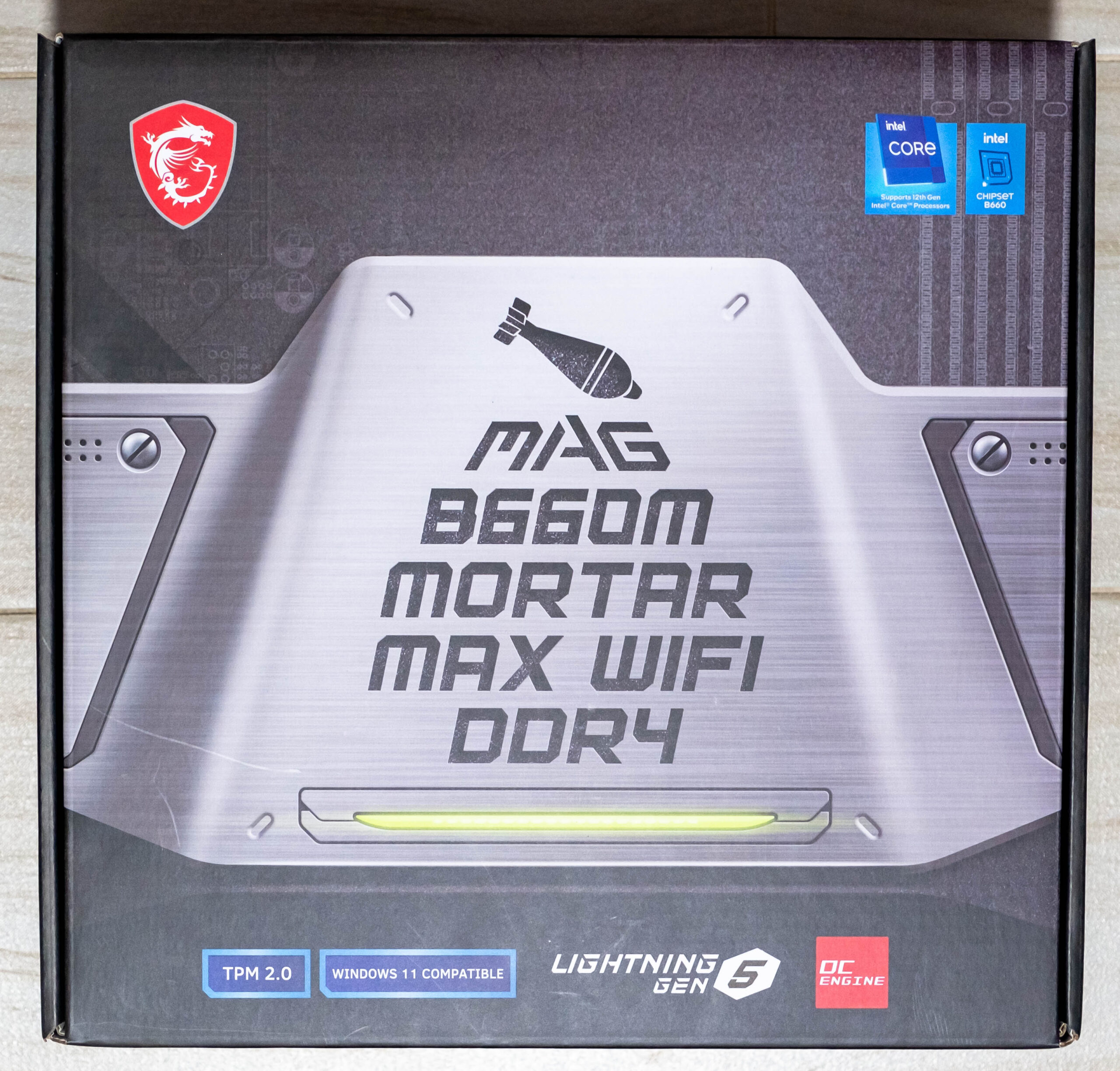
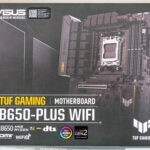
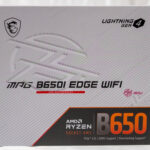

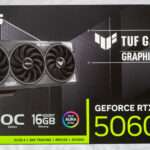
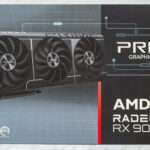


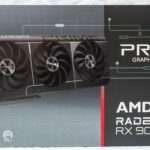
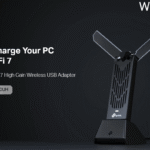
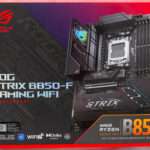
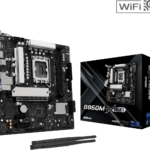


Hi, can this motherboard overclock by BCLK for 13th gen CPU?
Hi, We didn’t test on Intel 13th gen, but it’s working on 12th gen.
From what I’ve read BCLK overclocking ONLY works on 12th gen